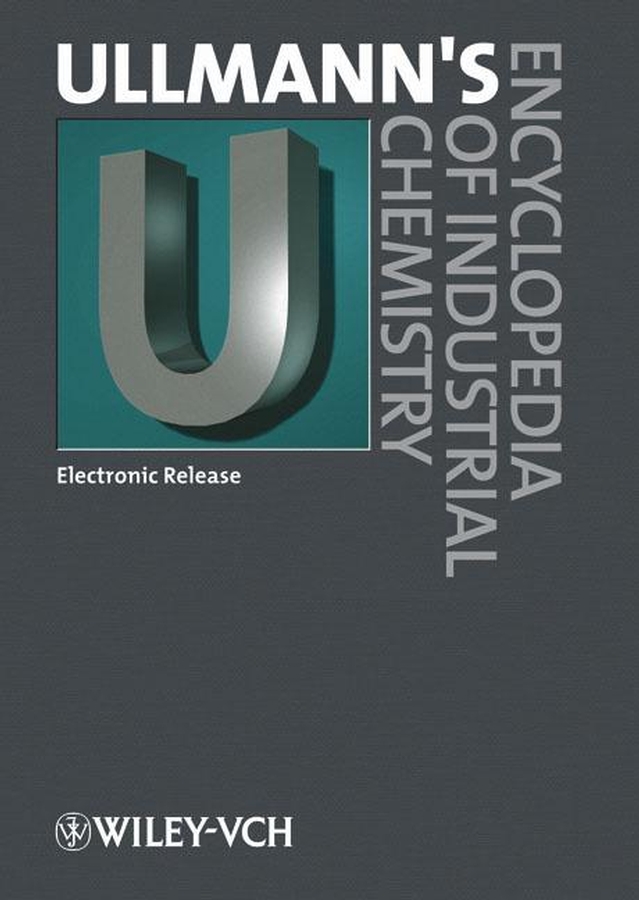Automotive Fuels
Abstract
The article contains sections titled:
1. |
History |
1.1. |
The Spark Ignition (Otto) Engine and Its Fuel |
1.2. |
The Diesel Engine and Its Fuel |
2. |
Engine Technology |
2.1. |
Otto Engines |
2.2. |
Diesel Engines |
3. |
Fuel Composition and Engine Efficiency |
3.1. |
Quality Aspects of Gasoline |
3.1.1. |
Octane Quality |
3.1.2. |
Volatility |
3.1.3. |
Fuel Composition to Reduce Toxicity and Exhaust Emissions |
3.1.4. |
Stability, Cleanliness, etc |
3.1.5. |
Performance Additives |
3.2. |
Quality Aspects of Diesel Fuels |
3.2.1. |
Ignition Quality |
3.2.2. |
Density |
3.2.3. |
Sulfur Content |
3.2.4. |
Cold Flow Properties |
3.2.5. |
Lubricity |
3.2.6. |
Viscosity |
3.2.7. |
Volatility |
3.2.8. |
Diesel Fuel Stability, Cleanliness, etc |
3.2.9. |
Diesel Fuel Effects on Exhaust Emissions |
3.2.10. |
Performance Additives |
4. |
Fuel Components |
4.1. |
Gasoline Components |
4.1.1. |
Straight-Run Gasoline |
4.1.2. |
Thermally Cracked Gasoline |
4.1.3. |
Catalytically Cracked Gasoline |
4.1.4. |
Catalytic Reformate (Platformate) |
4.1.5. |
Isomerate |
4.1.6. |
Alkylate |
4.1.7. |
Polymer Gasoline |
4.1.8. |
Oxygenates |
4.2. |
Diesel Fuel Components |
4.2.1. |
Straight-Run Middle Distillate |
4.2.2. |
Thermally Cracked Gas Oil |
4.2.3. |
Catalytically Cracked Gas Oil |
4.2.4. |
Hydrocracked Gas Oil |
4.2.5. |
Kerosene |
4.2.6. |
Synthetic Diesel Fuel |
5. |
Fuel Additives |
5.1. |
Gasoline Additives |
5.1.1. |
Corrosion Inhibitors |
5.1.2. |
Detergents |
5.1.3. |
Antioxidants |
5.1.4. |
Metal Deactivators |
5.1.5. |
Anti-Icing Additives |
5.1.6. |
Additives for Combating Combustion Chamber Deposits |
5.1.7. |
Valve Seat Recession Protection Additives |
5.1.8. |
Antiknock Agents |
5.1.9. |
Dehazers and Antistatic Additives |
5.2. |
Additives for Diesel Fuel |
5.2.1. |
Ignition Improvers (Cetane Improvers) |
5.2.2. |
Detergent Additives |
5.2.3. |
Cold Flow Additives |
5.2.4. |
Lubricity Additives |
5.2.5. |
Antifoam Additives |
5.2.6. |
Additives for Increasing Storage Stability - Antioxidants |
5.2.7. |
Dehazers |
5.2.8. |
Biocides |
5.2.9. |
Antistatic Additives |
5.2.10. |
Reodorants |
6. |
Fuel Standardization and Testing |
7. |
Storage and Transportation |
8. |
Alternative Fuels |



